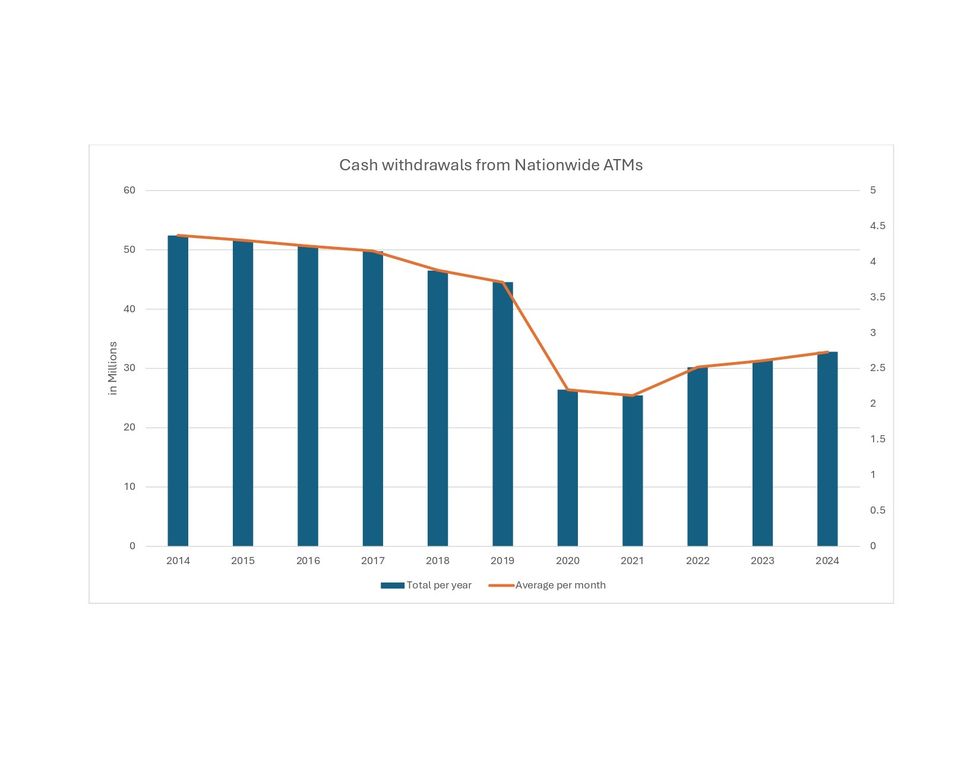Leading food and drink distributor Forrest Fresh Foods has secured a £500,000 loan facility from UK Export Finance (UKEF) to widen its global exporting operations.
The cash injection from Barclays, as part of UKEF’s General Export Facility (GEF), has helped the Rochdale-based wholesaler to overcome the supply chain disruption caused by the Covid-19 pandemic, with export operations increasing eight-fold.
The family run business supplies over 5,000 lines of food, drink, confectionary and household products to retail and leisure outlets across the UK and to over 50 countries worldwide. Brands supplied by the business include Cadbury, Robinsons Juice and Walkers.
The business is now pursuing bigger contracts across Europe, the Middle East and South-East Asia.
“Demand for our products has never been so high – and we’ve seen international interest in some of the UK’s most renowned brands rise over the last few years,” Chris Craven, managing director of Forrest Fresh Foods, said.
“The UKEF support has been a breath of fresh air in what has been a difficult 12 months to navigate, enabling us to sustain our buying power and continue to price products competitively for our customers.”
The GEF was first available to UK businesses in March 2021 to support exporters through the pandemic. It was designed to provide exporting SMEs access to working capital support to make UKEF’s support more flexible and accessible. Over £120 million worth of loans have been issued in the first nine months.
Mike Freer MP, Minister for Exports, said: “There’s a world of opportunity for UK exporters, and global demand for Britain’s best-loved food and drink brands continues to grow at an impressive pace. UKEF is committed to helping UK business such as Forrest Fresh Foods to seize this demand, as we aim to reach £1 trillion in exports annually.”
Forrest Fresh Foods was successful in securing a GEF of £500,000 in funding from Barclays with an 80 per cent guarantee from UKEF, when the pandemic and global lockdowns started to hit supply chains.
The support has allowed the business to pursue and fulfil more ambitious exporting contracts, with Europe, the Middle East and South-East Asia set to be target markets in 2022 and beyond.
The UKEF has previously provided £500,000 in funding to Forrest Fresh Foods.
The firm has seen the share of export operations increasing from 3 per cent of overall revenue in 2017 to over 25 per cent in 2021. It now turns over in excess of £60 million per year, and the business is planning to increase its headcount by 27 per cent this year.





















